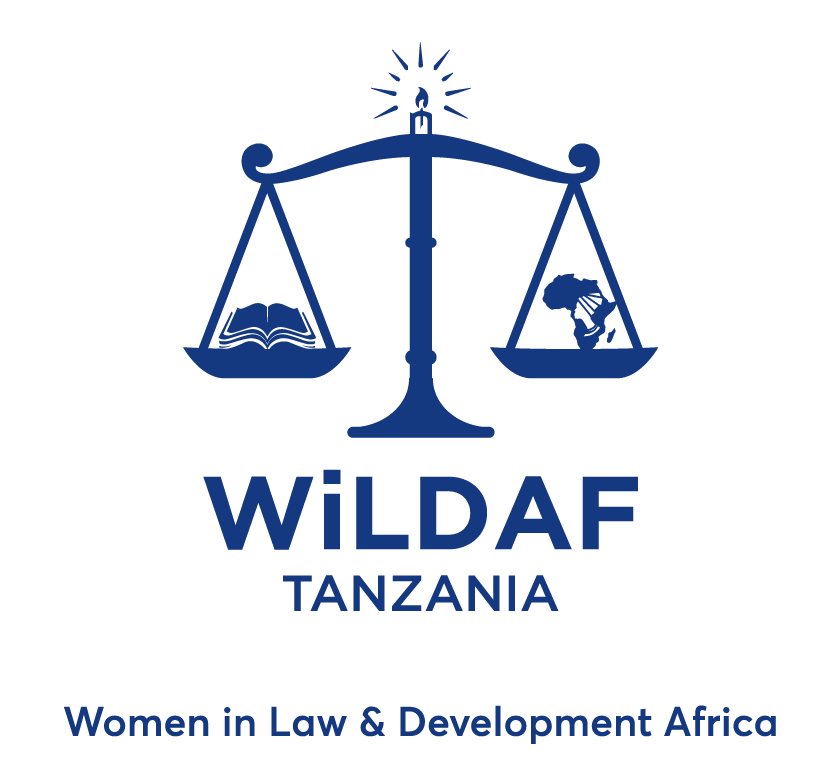Our Priority Intervention Programs
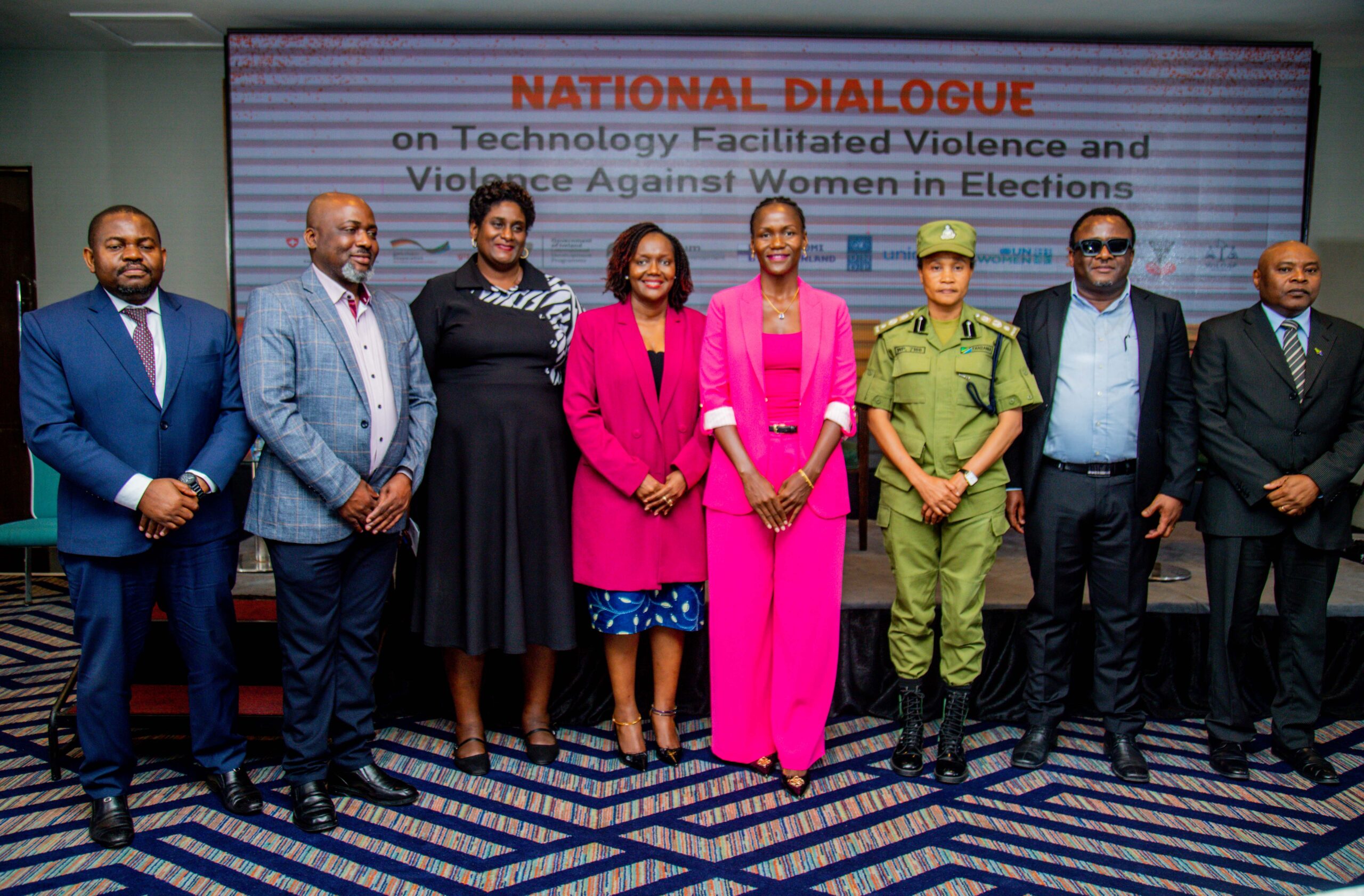
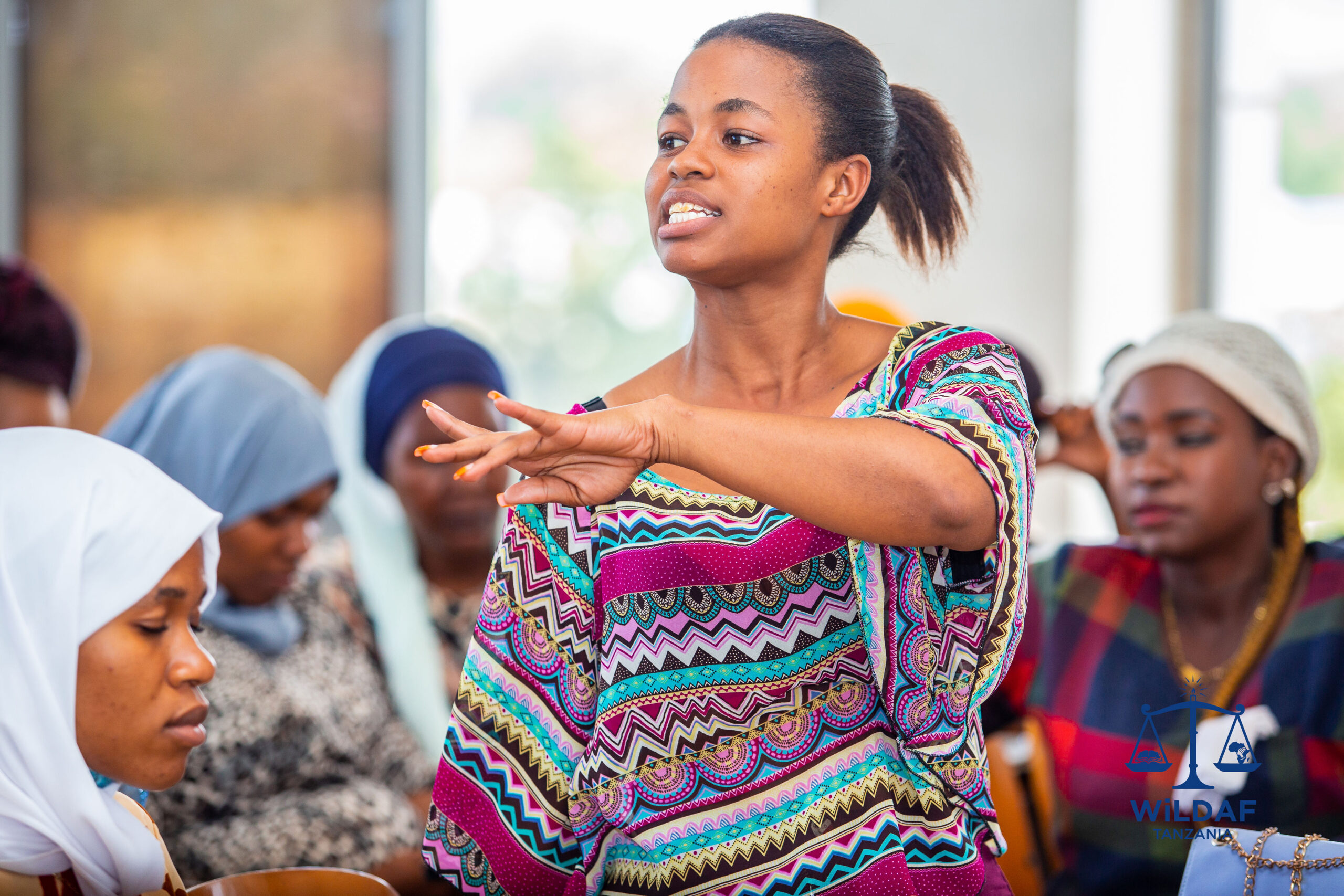
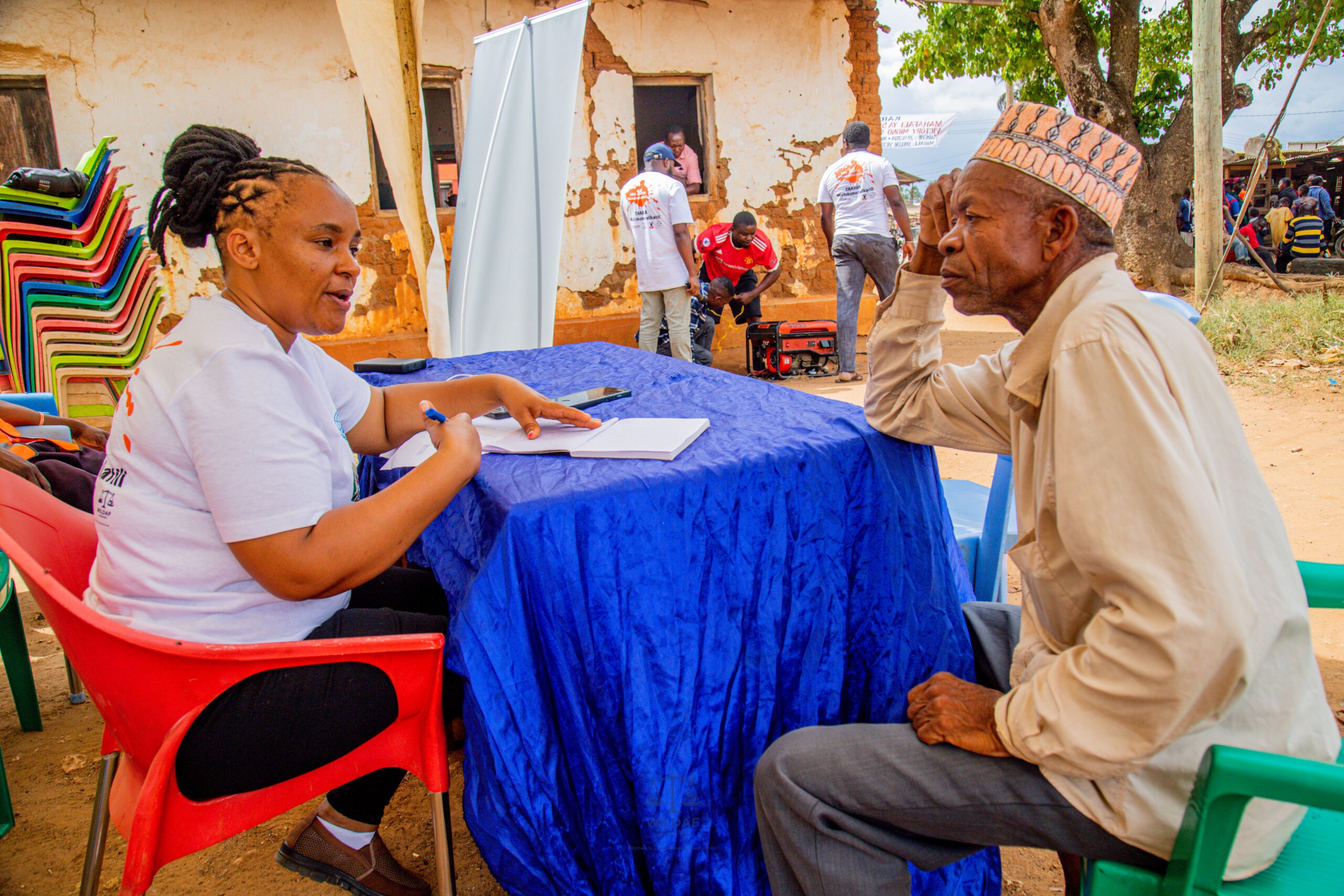
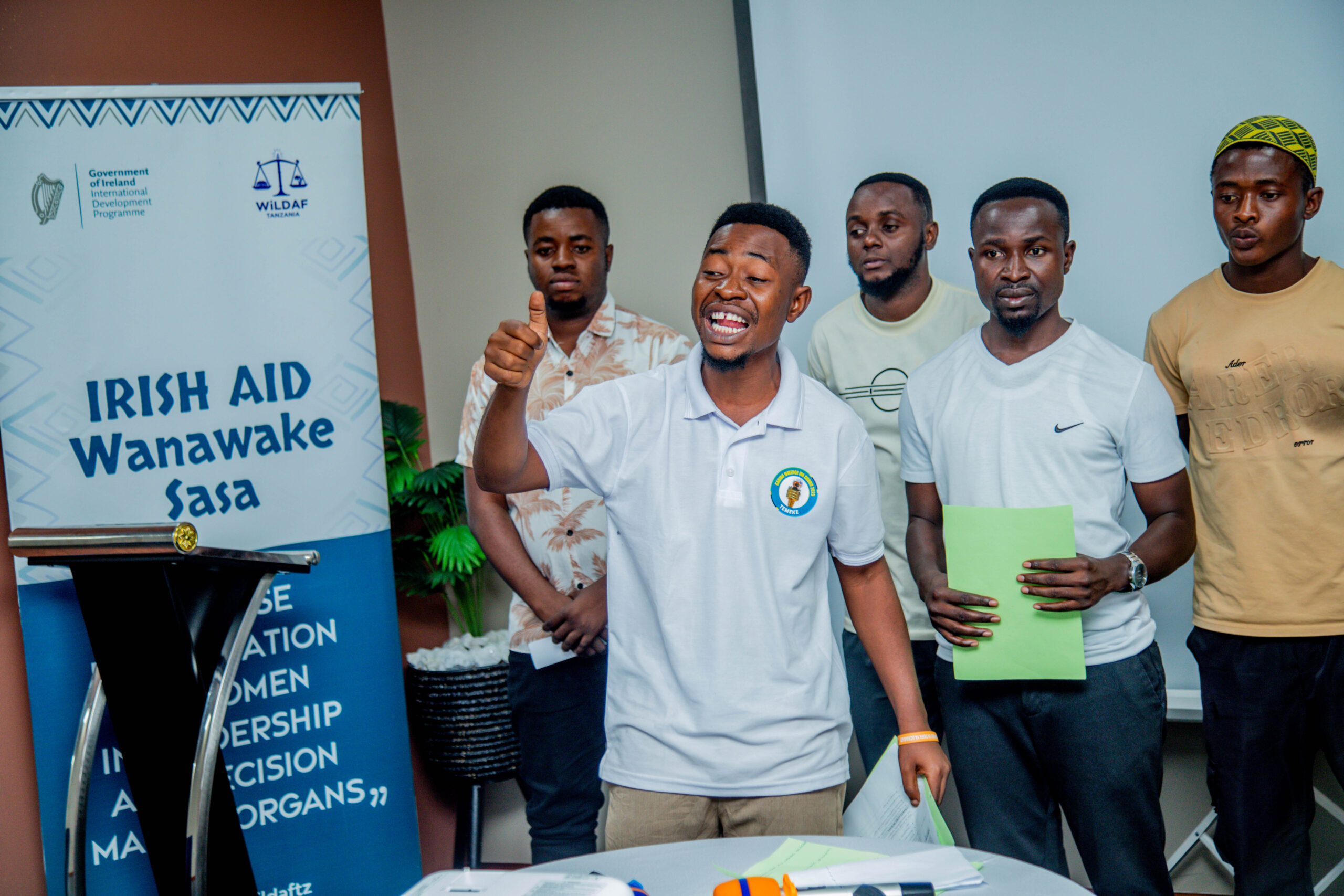
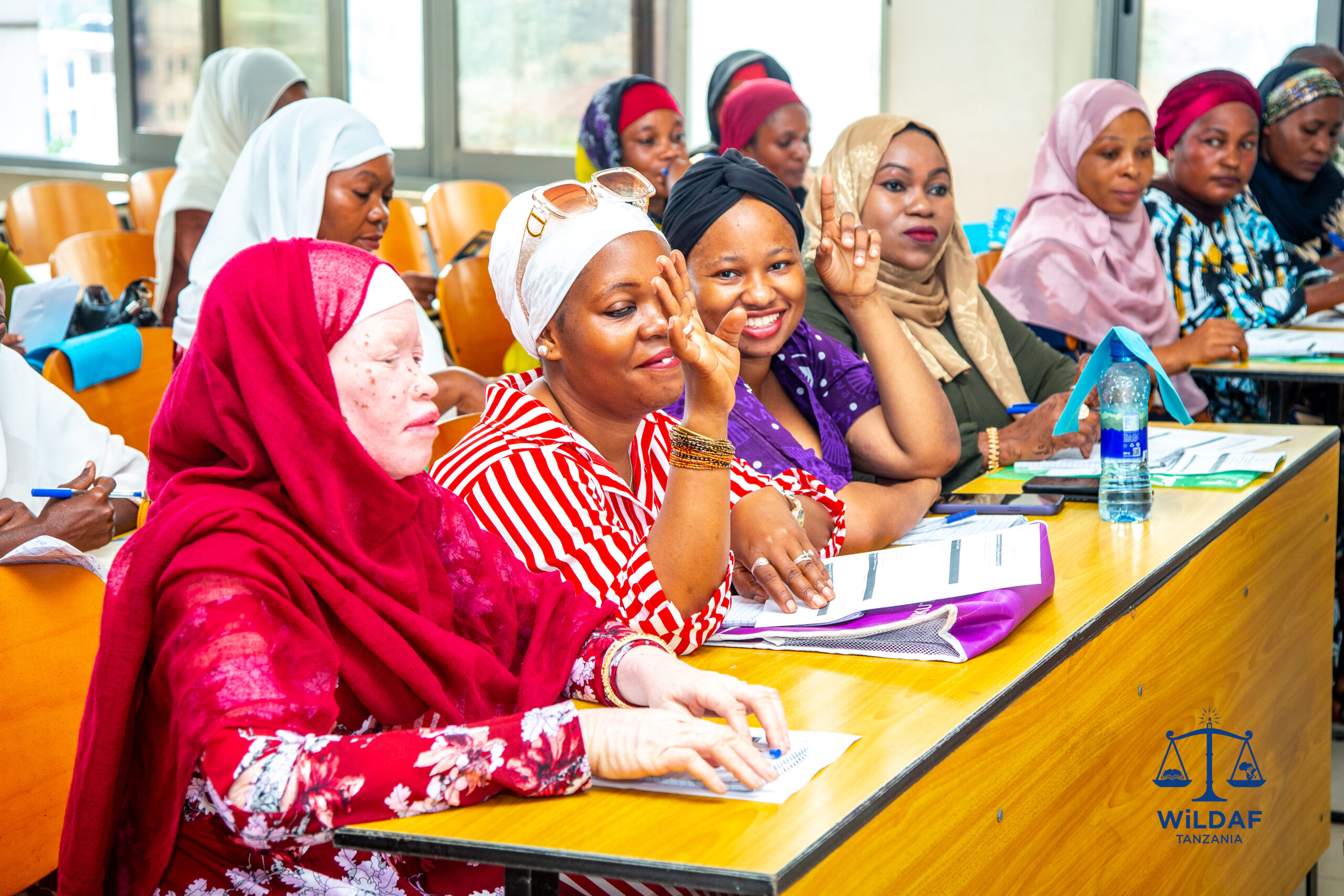
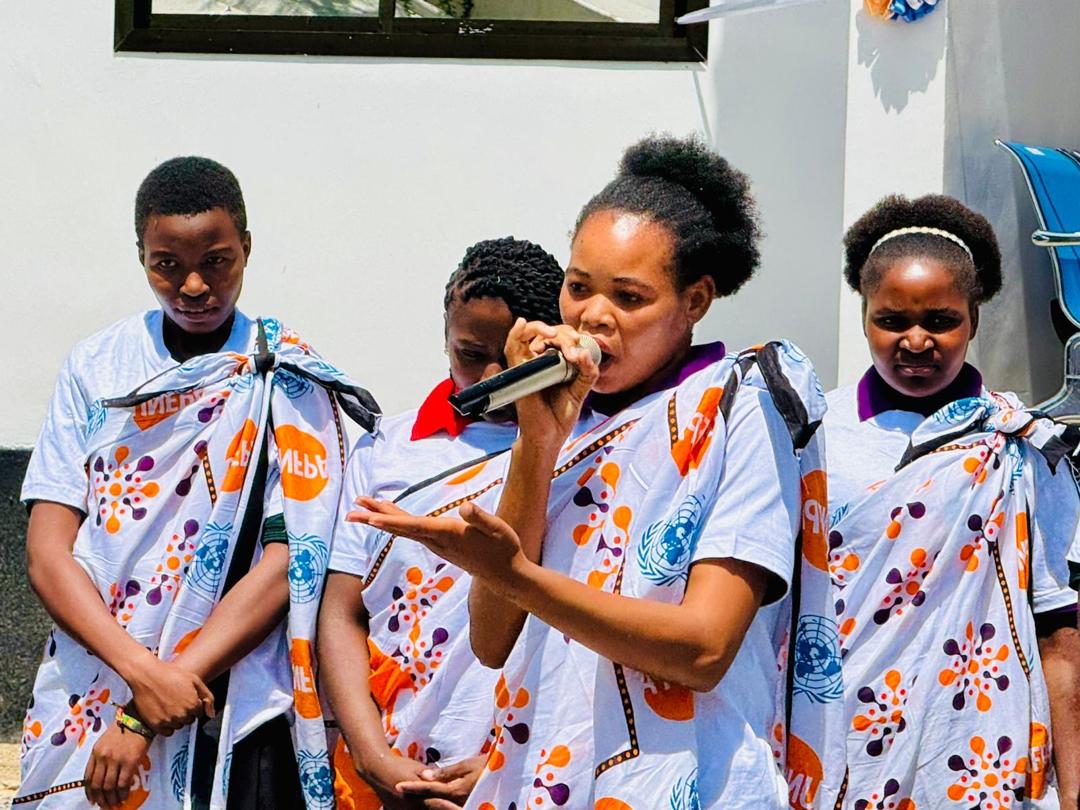
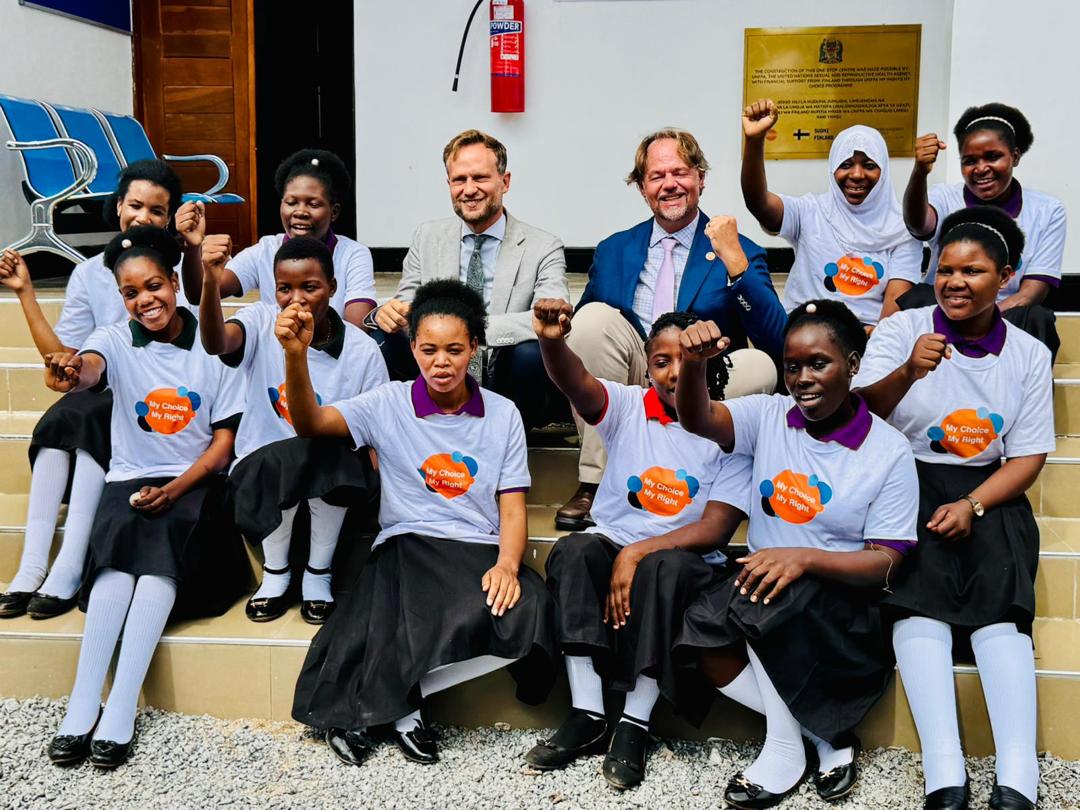
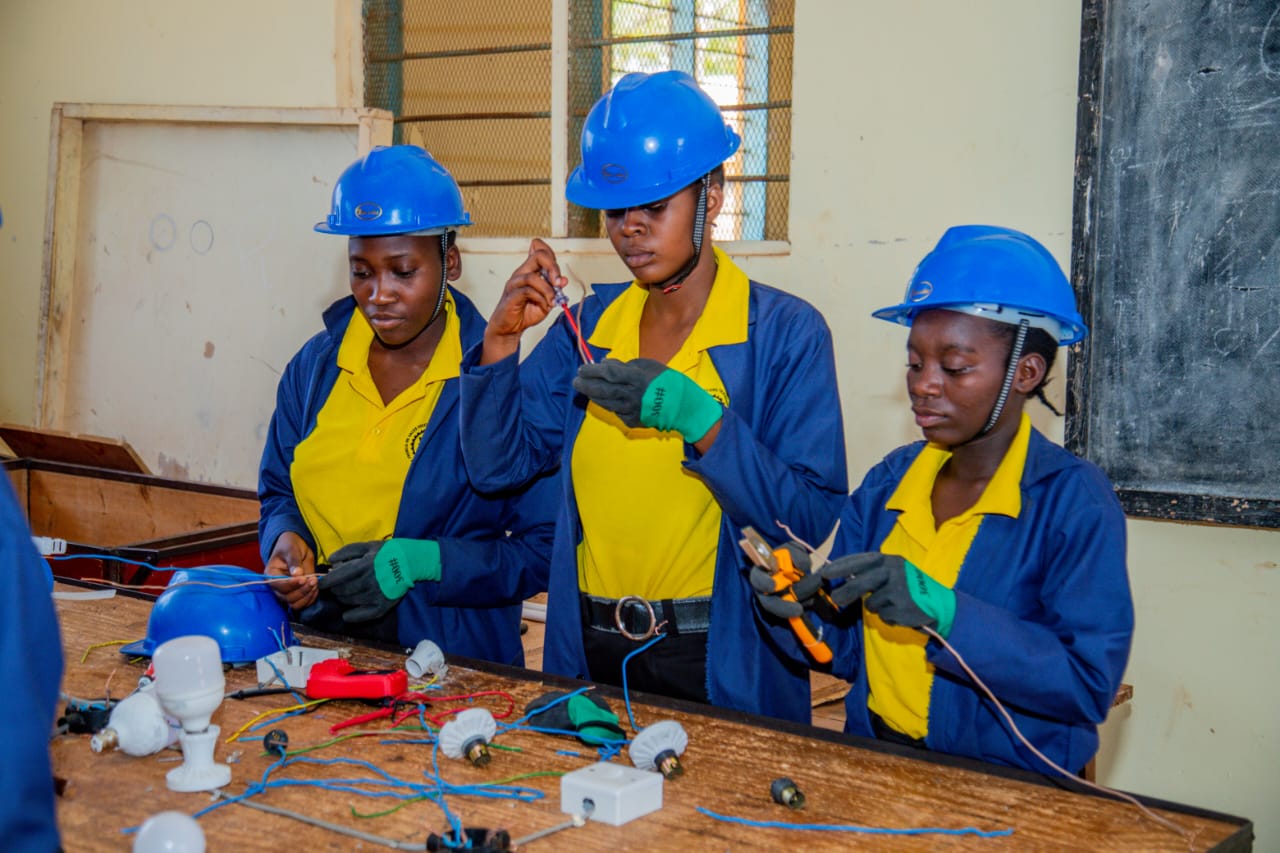
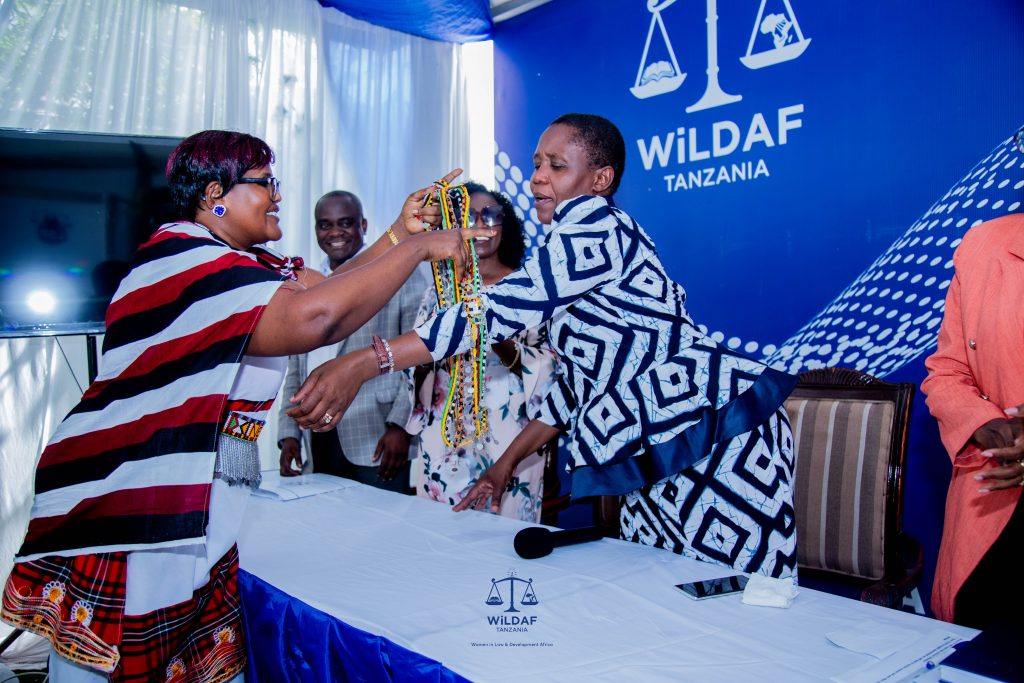
Access to Justice for Women, Girls, and Other Marginalized Citizens
For more than 25 years, WiLDAF has been a driving force in breaking barriers that deny women, girls, and other marginalized groups equal access to justice. We prioritize the rights of survivors of violence, ensuring they not only access legal aid and referral services, but also receive holistic support across health, legal, and social welfare systems. Our feminist approach places survivors’ dignity, safety, and agency at the center, while holding perpetrators accountable and challenging impunity.
WiLDAF also invests in strengthening justice systems to make them gender-responsive. We train and equip paralegals, magistrates, police, and prosecutors to deliver survivor-centered services and transform institutions that have historically excluded women and girls.
Our track record speaks for itself: from influencing the enactment of the Legal Aid Act, to successfully advocating for reforms in HIV/AIDS regulations that lowered the age of consent for testing among adolescents, and pushing for the revision of Police Form Number 3 to recognize sexual offenses. Most recently, WiLDAF has been at the forefront of advancing gender-responsive reforms in political parties and electoral laws, including the National Election Act, which now recognizes violence against women in elections as an electoral offence as well as influence reforms in the Political Parties Act (Gender Policy in Gender Desks) to ensure women and young women are meaningful participate in leadership and decision making organs . These milestones are expanding civic and political spaces for women and girls, and securing their right to participate in democracy free from violence and discrimination.
Gender Based Violence to End Violence Against Women and Children
WiLDAF has been a key ally in Tanzania’s fight to eliminate violence against women and children, driving both national reforms and community-led solutions. At the policy level, WiLDAF played a leading role in shaping and implementing the National Plan of Action to End Violence Against Women and Children, ensuring that government strategies are gender-responsive and accountable.
At the local level, we build and strengthen structures that prevent and respond to violence. In 2023 alone, WiLDAF empowered 23 Women and Children Protection Committees with more than 567 individuals to effectively fulfill their mandate of safeguarding survivors and protecting communities. We also support the development of community by-laws that reinforce local protections for women and children and create a culture of accountability.
Our feminist approach is rooted in transformation, not charity. At the community level, WiLDAF works with men and boys, as well as traditional and influential leaders, to shift harmful norms, dismantle patriarchal practices, and foster new models of equality. In schools, our Shule Salama (Safe Schools) Clubs are creating safe and inclusive learning environments where girls and boys can thrive free from violence, fear, or discrimination.
Our 16 Days of Activism Campaign Against Gender Based Violence reaches more than 40,000 individuals in the span of 16 Days while media and social media campaigns impact more than 15,000,000 online citizens. We also coordinate the Anti-GBV MKUKI Coalition, a vibrant network of over 200 members nationwide, united in addressing all forms of Violence Against Women and Children in Tanzania. Through this coalition, we amplify collective advocacy, strengthen community mobilization, and drive systemic change to prevent and respond to gender-based violence.
Women Leadership and Feminist Movements
Increasing women’s leadership is not only central to gender equality, it is also a proven driver of social transformation and sustainable development. WiLDAF works with communities to challenge patriarchal mindsets that limit women’s roles, while equipping women themselves with the skills, confidence, and knowledge to claim and exercise leadership in all spheres of life.
At the institutional level, WiLDAF engages government, political parties, and decision-making bodies to build enabling environments for women’s meaningful participation. In 2022, WiLDAF supported eight political parties to develop and adopt gender policies, laying a strong foundation for women’s active participation and leadership within political spaces.
With over 25 years of movement building, WiLDAF has cultivated robust networks that foster collective power through learning, solidarity, and mentorship. A flagship example is the CSOs Women Directors Forum, which through a transformative mentorship program has strengthened the feminist leadership of more than 100 women leaders across civil society.
This initiative is not only reshaping individual leadership trajectories but also transforming organizations to be more feminist, inclusive, and effective in advancing gender justice and social change.
Bodily Autonomy and Sexual and Reproductive Health and Rights (SRHR)
Every woman and girl has the fundamental right to make decisions about her body, fertility, and sexuality. Yet in Tanzania, too many are denied access to essential sexual and reproductive health services and information leaving them vulnerable to unwanted pregnancies, unsafe abortions, and sexually transmitted infections. For women and girls with disabilities, these challenges are compounded by systemic barriers to accessible healthcare, assistive devices, and medicines further entrenching inequality and exclusion.
WiLDAF confronts these injustices by advancing bodily autonomy and reproductive justice as non-negotiable rights. Our work includes intensive knowledge sharing and awareness raising at community level, strengthening the capacity of service providers, and engaging women and girls to know and claim their rights. At the policy level, we advocate for laws, policies, and budgets that guarantee inclusive and equitable access to SRHR services ensuring that no woman or girl, regardless of ability or circumstance, is left behind.
Women’s Economic Justice and Rights.
WiLDAF is closing the economic gender gap by empowering women to build sustainable livelihoods, generate income, and create businesses that not only provide jobs but also stimulate local economies. We work with women and women’s groups to implement income generating programs, develop market linkages, and strengthen their financial decision making and recognition within households and communities.
For out-of-school young women and adolescent girls, WiLDAF provides vocational training, mentorship, and seed funding, equipping them with the skills and resources to build financial resilience, pursue entrepreneurial opportunities, and reduce vulnerability to economic exploitation and violence. Through these initiatives, WiLDAF fosters economic independence as a key driver of women’s empowerment, agency, and social transformation.
Partnership and Institutional capacity.
WiLDAF’s programming is anchored in a philosophy of partnership, complementarity, and collective action, working closely with like-minded civil society organizations, the Government of Tanzania, and regional and international bodies. We create and support platforms for collaboration, learning, and advancing shared agendas, recognizing that systemic change is achieved through solidarity and coordinated action.
To this end, WiLDAF has established and nurtured several influential coalitions and movements, including:
- GBV MKUKI Coalition, a network of over 200 organizations working to prevent and respond to gender-based violence.
- KIKUHAMI Taskforce, a network of more than 20 organizations advancing inheritance rights for women and girls.
- CSOs Women Directors Forum, a network of over 100 women leaders across civil society dedicated to building a stronger, sustainable feminist movement in Tanzania.
Beyond these, WiLDAF actively participates in coalitions and networks at the national, regional, and global levels, amplifying advocacy efforts and fostering knowledge exchange.
As a network organization, WiLDAF invests in institutional strengthening at two levels: enhancing its own capacity and supporting the growth of network members. We lead capacity building initiatives across coalitions, focusing on gender transformative programming, effective governance, and organizational sustainability. By strengthening these networks, WiLDAF is cultivating a powerful, resilient feminist movement capable of driving systemic change and improving the lives of women and girls across Tanzania and beyond.
